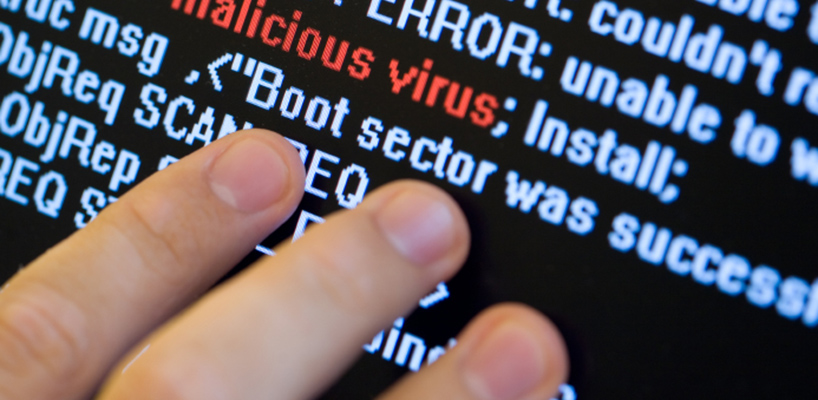As tensions on the Korean Peninsula continue to rise, North and South Korea may already be engaged in a battle in cyberspace.
A series of targeted cyber attacks have hit both of the countries in the weeks leading up to the recent conflict, with South Korea reportedly experiencing its biggest cyber attack in nearly two years.
Targeting the country’s top broadcasting companies and banks, the cyber attack temporarily shuttered the operations of South Korean TV stations KBS, MBC and YTN, and suspended financial services at Shinhan, NongHyup and Jeju banks, according to the AFP.
While security experts traced the IP address back to China, South Korean officials claim the cyber attack could have been the work of North Korea.
“For geopolitical reasons, it’s convenient for North Korea to use Chinese IP addresses for such attacks,” Choi Yun-Seong, a security expert at the state-run Korea Information Technology Research Institute, told the AFP. “However, domestic and foreign hackers can use them as well, so we cannot say for sure North Korea was behind this.”
But South Korea isn’t taking the attack lightly, announcing that it will work with its allies in the U.S. to develop new cyber warfare capabilities and deterrence methods to better defend against emerging threats.
“We will cooperate with the U.S. to prepare measures in cyber policy, technology and information,” a senior South Korean ministry official told the country’s Yonhap News Agency.
Countering the South’s ramped-up cyber efforts, North Korea is allegedly training a team of skilled “cyber warriors” to better prepare for international conflict.
“The newest addition to the North Korean asymmetric arsenal is a growing cyber warfare capability,” advised James Thurman, commander of the U.S. forces in South Korea, according to the Associated Press. “North Korea employs sophisticated computer hackers trained to launch cyber infiltration and cyber attacks against South Korea and the U.S.”
However, North Korea’s networks aren’t impenetrable, according to international hacktivist group Anonymous. Hacking into North Korea’s propaganda website, Uriminzokkiri, Anonymous this week released personal information including names, email addresses and the dates of birth for more than 9,000 members who use the site to spread the reclusive country’s slanted messages.
“We did not hack [Uriminzokkiri] to track down pro-North Korean organisations. It was a warning for the Kim Jong-un regime,” the hacktivist group posted on its Korean Twitter account, according to The Korea Herald.
While the world continues to look on, waiting to gauge North Korea’s next move, it seems calculated attack attempts may already be underway in cyberspace.



